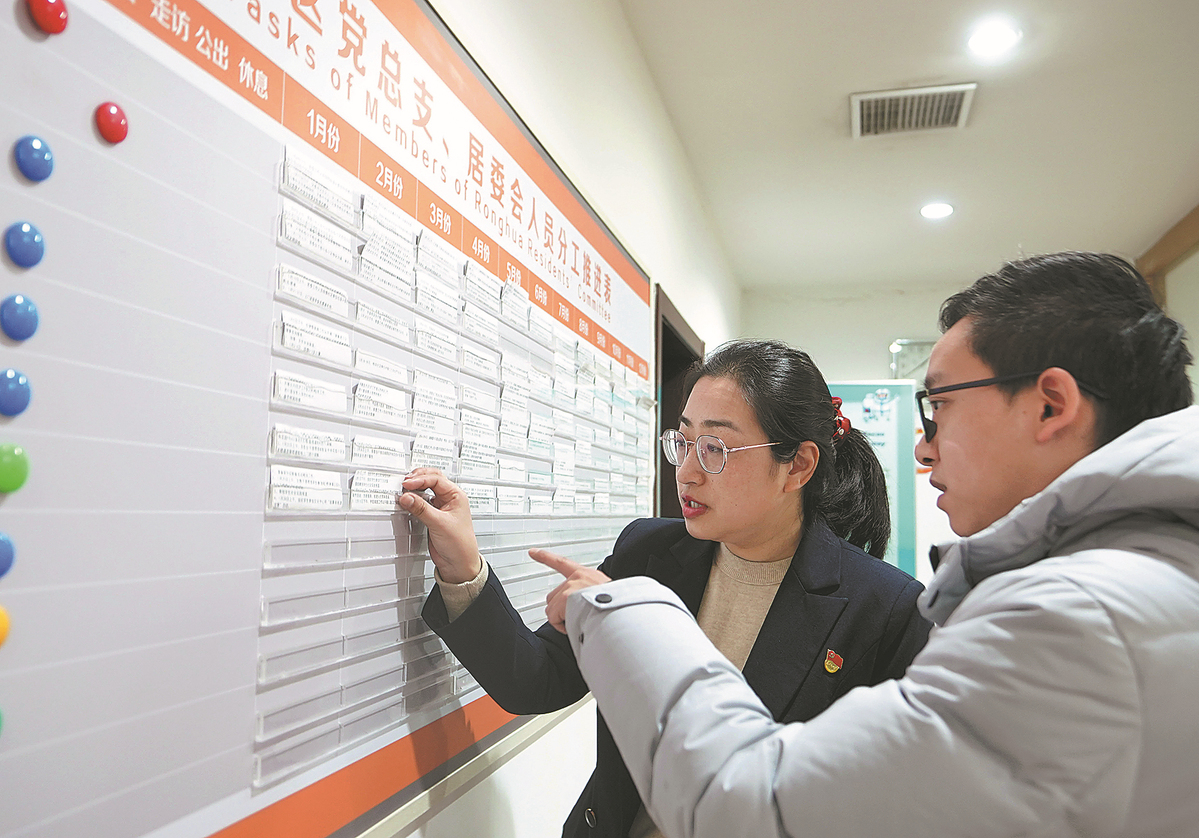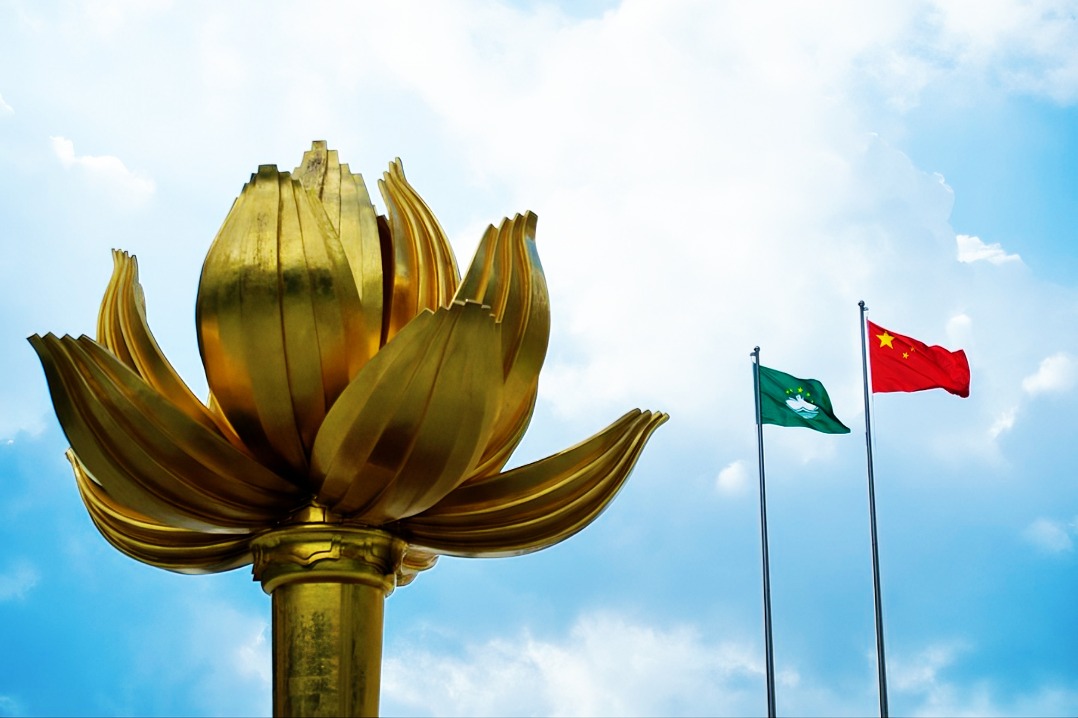Officials carry out extensive field research


Practical style
Experts said caution should be adopted against formalism that is likely to occur during the nationwide campaign, and efforts should be made to ensure the work is carried out practically.
Xu said problems of formalism have been found in the past. For example, officials were taken to see sites carefully arranged in advance, and some investigative trips became "tourism", placing a huge burden at grassroots level, and even leading to corruption.
He praised last month's work plan, which requires officials to adopt the "four no's and two direct's" in research. This means not sending notifications, not giving prior notice, not merely listening to reports, and not requiring receptions, but going directly to the grassroots and conducting research on-site.
When Xi worked in Zhengding, Hebei province, he conducted research without prior notification, and went directly to villages, factories and households.
In September 2013, while taking part in a meeting of criticism and self-criticism of the standing committee of the Hebei provincial Party committee, Xi criticized the use of investigation and research as a showpiece.
He said that for some officials, investigation and research seemed to have another function — to let others know they were doing such work, that they were in touch with the masses, and that the original purpose of investigation and research became secondary or even unnecessary.
"If there were no journalists or cameras in sight, they would consider whether to take part in an activity, and even whether it had any meaning," he added.
Xu said officials should view themselves as pupils to listen to people's needs, and learn from those who have the wisdom to solve their own problems, adding that many of the solutions are practical and can be promoted nationwide.
He added that investigation work is a long and hard process, as Mao once said: "Investigation may be likened to the long months of pregnancy, and solving a problem to the date of birth. To investigate a problem is, indeed, to solve it."
Xu added, "The standard for evaluating research is also simple — to see whether it solves the problem, whether the people are satisfied, or if it pushes forward the cause of the Party and the nation."























